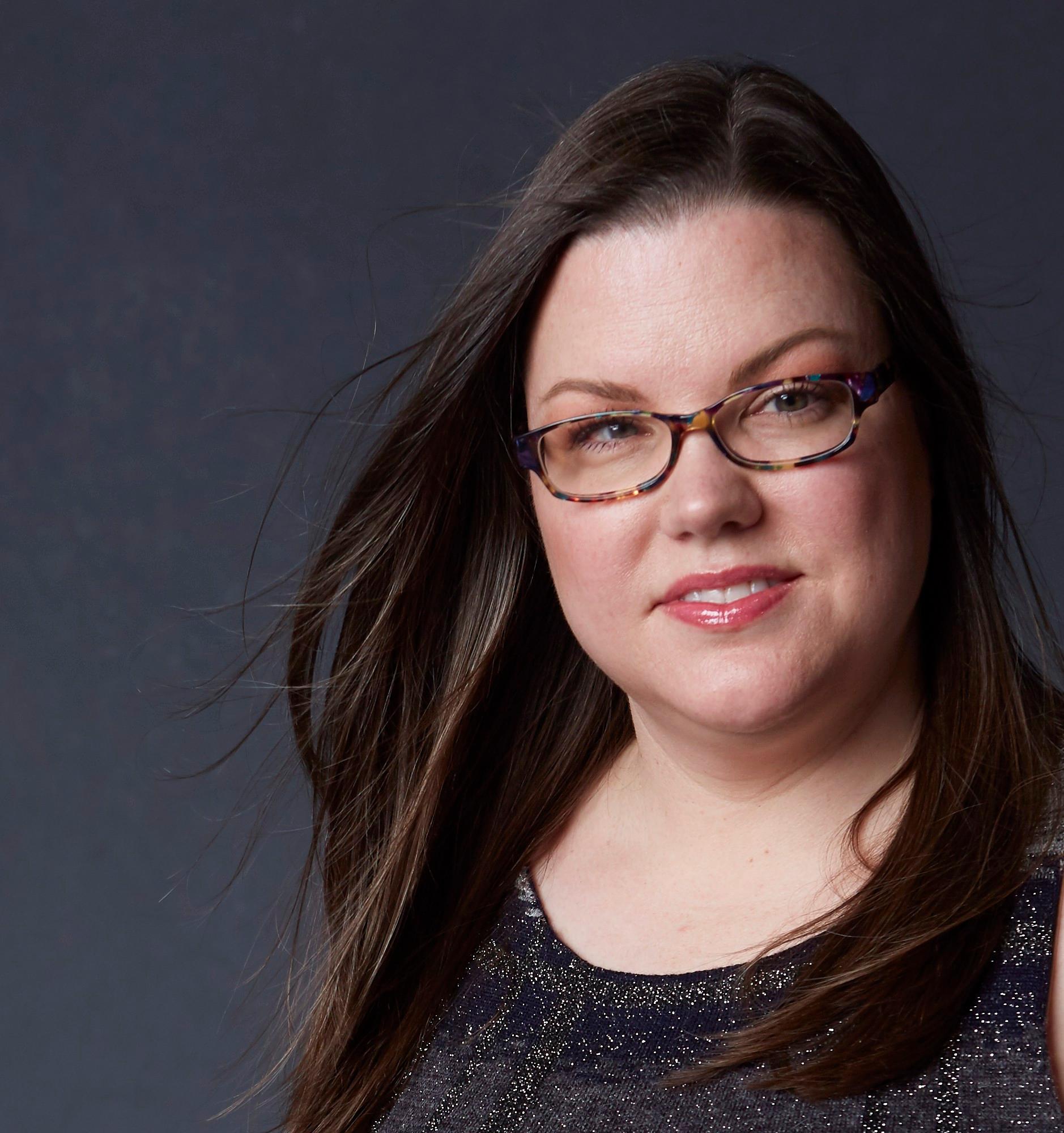Exploring your heritage can make travel more rewarding, and it’s a growing trend in the travel industry, thanks to tools and websites that allow people to test their DNA and trace records of their family to find out more about where they came from. With these tools, you can build an entire trip around discovering your roots, reconnecting with distant relatives and answering questions about your past.
Our sister brand, momondo, recently helped a group of people take journeys based on their DNA through its DNA Journey project.
So, we wanted to dig into the trend a little further. Whether you’re looking to explore your family’s heritage — be it a story that has been confirmed for generations or only recently discovered — see for yourself where your ancestors are from, or visit relatives you’ve never met, taking your own DNA Journey can add a new level of personalization and self discovery to travel. Read on for our advice on how to set out to explore your own heritage through travel and, once you’ve done your research, search for flights on Cheapflights.com.
Start conversations
Start by talking to your family members to figure out what you already know. Ask your parents, grandparents or other relatives for anything they know about their pasts. Ask them to identify relatives and countries that are supposed places of origin for the family.
“It really started with an interest to jot down all the information on my family,” said Lourdes Perez, who recently traveled to Cuba to do research into her ancestry, something she has studied since her senior year of high school in 2006. She started her journey by talking to folks in chat rooms.
“I think it really started after my grandmother died,” she said. “You really appreciate the older people in your life when you realize all the information they have and you never thought to ask.”
Don’t wait
Start conversations with relatives as soon as possible.
“Every day is another 24 hours that people forget,” said Perez, who advises to talk with the older people in your family before they pass away. “Once I started asking people, they started directing me to cousins I had no idea existed in other states and countries.”
Stay organized
As you begin researching, find a way to keep everything organized in a spreadsheet, shareable Google Doc, scanned files, scrapbook, or journal. Not only will it keep you organized, but you’ll also have a written record to go back to later if you decide to further document your travel experiences.
Be prepared for surprises
No matter what information you find, it’s important to mentally and emotionally prepare for the journey.
It’s important to understand that, along the way, some folks might not be so forthcoming about family matters. “Some members will not share because it means revealing some family secrets,” said Querida Lugo, who ultimately traced her heritage back to Lugo, Spain, and traveled there as a way to explore and better understand who she is. “[It’s] very enlightening and, in ways, it provides a lot of closure to unsolved internal questions you have about yourself.”
Get online
Research your past with a website like Ancestry.com. Momondo teamed up with Ancestry for the DNA Journey, and the site holds the world’s largest online collection of family history records, including 19 billion historical records, 80 million family trees and more than 2.5 million DNA samples. While there is often a cost associated with searching on these sites, they can be great resources to quickly and easily wade through family records like obituaries, marriage certificates, death certificates and immigration documents.
Research offline
Continue research at places like libraries and locations that hold public records. As an example, The Public Library of Cincinnati and Hamilton County, in Cincinnati, Ohio, is home to one of the oldest and largest genealogy collections in the country. The collection features materials from all 50 states and some foreign countries, such as passenger lists, city directories, military histories, maps, church and cemetery records and slave and freedmen records. In addition, the collection holds the complete U.S. federal manuscript census for 1790-1930. Online resources are also available.
For people who are just getting started researching their heritage, The Public Library of Cincinnati’s genealogy department offers monthly tours the first Saturday of the month and introductions to the library’s resources. The librarians recommend that first-time visitors bring some notes with the information they already have (names, dates and places) to get started. The library provides free access to Ancestry.com if it’s used at the library on one of the library’s computers or on visitors’ personal laptops.
Get social
Join social networks like Facebook to get in touch with people easily. Use other family members to connect you with more relatives on- and offline.
“Every time I get closer to more information, I get extremely excited and the first thing I want to do is share it with my family,” said Perez, who created a Facebook group with her family, where she shares the information she has found. “Not only is it great to share, but many times they remember something an older relative told them which can sometimes help me research – or they will share old images.”
Get tested
Get an at-home DNA test kit from companies like AncestryDNA, 23andMe, or MyHeritage DNA. Depending on the kit, you’ll be asked to submit saliva or cheek swabs to the company as a sample. Results typically arrive several weeks or months later, and include a breakdown of your ethnicity. Some may also identify potential relatives. Undergoing DNA testing unlocks the DNA segments you inherited from the same common ancestor. DNA can also prove or disprove family tree connections. In certain cases, the testing can identify carrier status for certain inherited conditions.
“I already met two long-lost cousins related to my father and mother’s side – one that lived in my same city and another in the Northeast,” said Perez, who did her DNA test through AncestryDNA.
Pre-trip checklist
Once you’ve done your research and you’re ready to travel, here are some tips to prepare you for your journey.
- The more research and outreach you can do before your trip, the more rewarding the trip is likely to be.
- If you can, contact your relatives ahead of time to get recommendations on where to stay in or near your family’s hometown.
- Be sure to see the local sights and not just focus your entire itinerary around searching for or meeting your relatives. While you might be excited to see long-lost relatives, they might not be as receptive. It’s better to plan interactions with your relatives for part of the trip and reserve other portions of your travels for sightseeing.
- Be flexible and don’t over schedule your days. You may find it takes longer to conduct research at a library or church than you thought, or you might find yourself lingering over a cup of coffee in a cafe with your newfound family members.
- Have patience. “Since researching for your past never really ends, it’s a hobby that requires time and a lot of patience, so when you get a result, it really is a huge rush of excitement,” said Perez.
- Print out your family tree so you have some general information on hand to guide you.“Once you have a lot of people on that thing, it starts feeling like a never-ending forest, not a tree, and you start forgetting names,” said Perez.
- Bring a journal to record findings.
- Bring business cards with your contact information to leave with any relevant people you meet.“If you are having a hard time reaching someone, you can always leave your card in the door or with a neighbor,” said Lugo.
Where would your family’s story take you? Once you do the research, let us help you get there. Start your flight search on Cheapflights.com.



